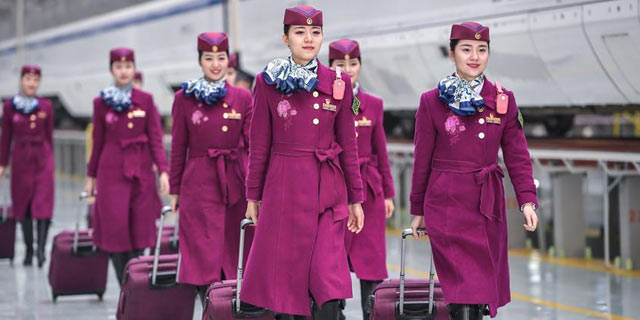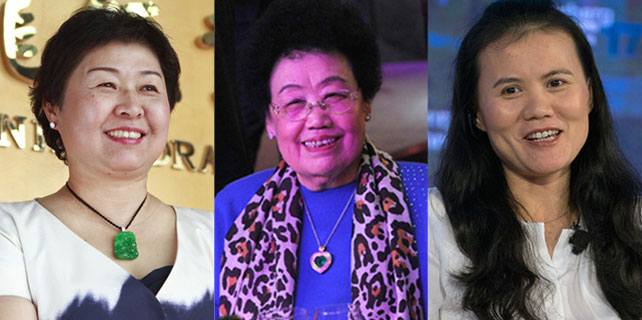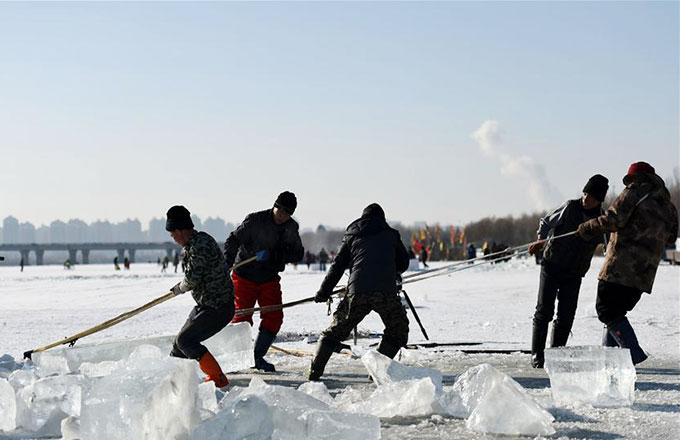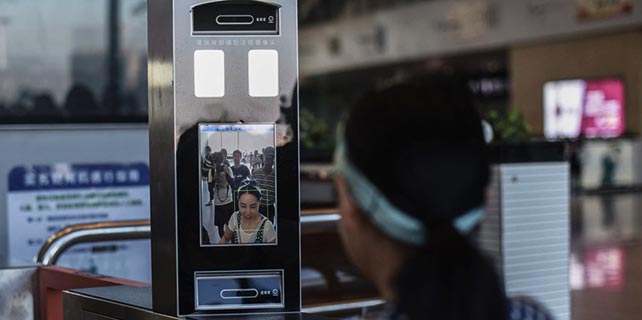CPC's time-honored tradition still crucial to rural development
Despite that, Peng's expectation of officials echoes that of the mass line, a long-time work guideline of the Communist Party of China (CPC) requiring Party officials to mingle with the masses so as to better serve them.
"When (officials) coming to our village, just don't dictate decisions within a tap of head and then leave immediately afterwards," Peng said of her expectations.
Adopting the mass line, a principle created and coined by the CPC itself in its revolutionary period, the Party heard and fulfilled the expectations of the Chinese people for national independence and founded the People's Republic of China in 1949.
Nearly 64 years of power later, it has elevated China to its place as the world's second largest economy, but the 85 million-member Party is well aware that rural areas have been left behind cities and its legitimacy has been undermined by officials ignorant of people's interests.
A survey published in April suggested that incomes for the rural Chinese has grown faster than their urban counterparts for the last three years.
However, Chinese urban residents earned 24,565 yuan (about $3,967.25) in annual per capita income in 2012, in comparison to the 7,917 yuan in per capita net income of rural residents.
Moreover, analyst say the CPC faces dangers of members slacking off mentally, being incompetent, alienating the masses and being dispirited and corrupt - all at a time when the situations of the both country and the world are undergoing dramatic change.
That is why it is still important to implement the mass line in rural areas.
President Xi Jinping, also general secretary of the CPC Central Committee, has stressed the mass line as the Party's "life line and fundamental work guideline."
Peng Junhui is no stranger to officials who turn blind eyes to her needs.
















